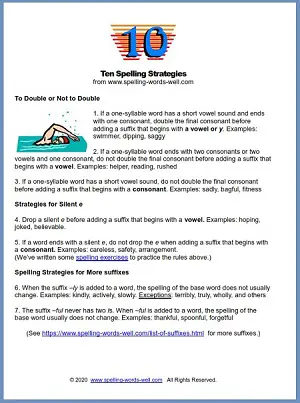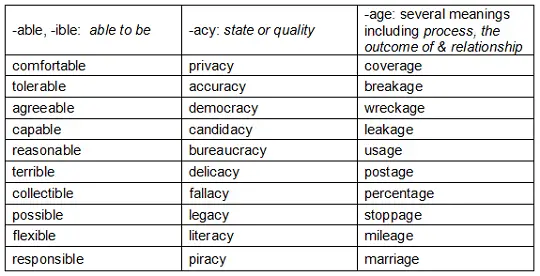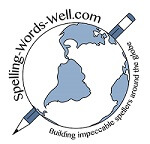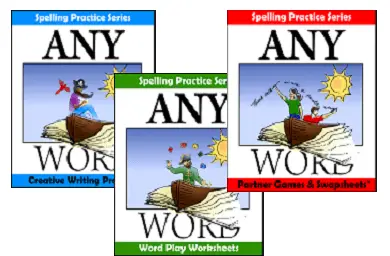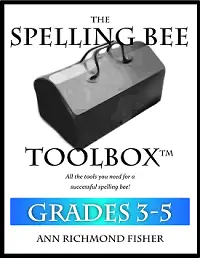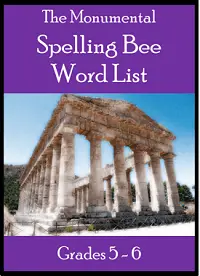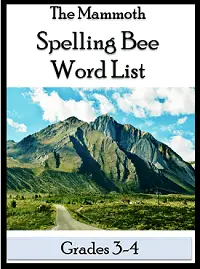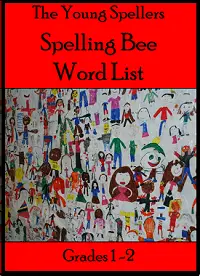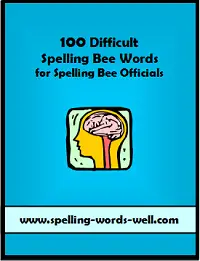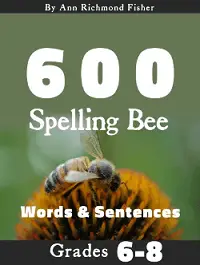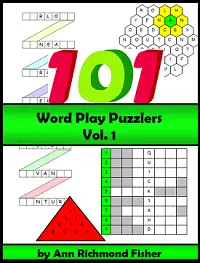Ten Spelling Strategies
One of the best spelling strategies around is to master the top spelling rules. Understanding these rules will give adults and students of all ages more success and confidence as they tackle bigger and harder words.
Printable List of all Ten Spelling Strategies
Spelling Strategies to Double or Not to Double
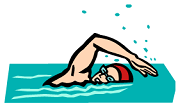 swimmer
swimmer#1 If a one-syllable word has a short vowel sound and ends with one consonant, double the final consonant before adding a suffix that begins with a vowel or y. Examples: swimmer, dipping, saggy
#2 If a one-syllable word ends with two consonants or two vowels and one consonant, do not double the final consonant before adding a suffix that begins with a vowel. Examples: helper, reading, rushed
#3 If a one-syllable word has a short vowel sound, do not double the final consonant before adding a suffix that begins with a consonant. Examples: sadly, bagful, fitness
Strategies for Silent e

#4 Drop a silent e before adding a suffix that begins with a vowel. Examples: hoping, joked, believable
#5 If
a word ends with a silent e,
do not
drop
the e
when
adding a suffix that begins with a consonant. Examples:
careless, safety, arrangement.
Spelling Strategies for More Suffixes
#6 When the suffix –ly is added to a word, the spelling of the base word does not usually change. Examples: kindly, actively, slowly. Exceptions: terribly, truly, wholly, and others
#7 The suffix –ful never has two ls. When –ful is added to a word, the spelling of the base word usually does not change. Examples: thankful, spoonful, forgetful
See page with lists of suffixes for more information:
Strategies for Y or I
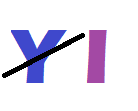
#8
If a word ends with
a consonant and
a y, change the y
to i
before adding any suffix (except one that begins with i).
Do not change the y if
it is preceded by a vowel. Examples: cries, sleepy, joyful
#9 When
a word ends with a y, do not change
the y when adding a suffix that begins with i.
Examples: studying, crying, paying
Strategies for IE or EI
#10
Use
i before e except after c or when sounded
like a as
in neighbor and
weigh. Examples:
friend, believe, ceiling,
receive, eight, vein
Note: There are many
exceptions to this rule, including: neither, science,
their, weird, ancient, height, protein, sufficient and
more. These words need
to be memorized. See our huge list on this page.

You may be thinking, "There are a lot more spelling rules than this!"
You're right. There are a WHOLE lot more, including rules about plural nouns and prefixes. But when your students learn these ten spelling strategies, they'll improve their spelling scores in no time!
How to Practice These Strategies

We've
written some spelling
exercises
to practice the strategies above. See all of our spelling
lessons for more practice tips.
Another
way to improve spelling is to master some of the most frequently
misspelled words
- Spelling Words Well ›
- Spelling Lessons ›
- Ten Strategies
Visit my YouTube Channel for fun spelling practice videos!
Joyous Christmas Puzzlers
Joyous Christmas eBook! 10 fun Word Play Puzzlers featuring the true meaning of Christmas.
AnyWord Spelling Practice Series Fun Worksheets, games & prompts that work with almost ANY spelling words!
Gigantic Spelling Bee Word Lists with definitions, sentences and languages
Spelling Bee Toolboxes for Grades 3/5 and 6/8 All the resources you need for a successful bee!
Monumental Spelling Bee Word Lists for grades 3/4, 5/6 and 7/8 with definitions, sentences and languages
Mammoth Spelling Bee Word Lists for grades 3/4, 5/6 and 7/8 with sentences, definitions, and languages
Young Spellers Spelling Bee Word List for Grades 1 & 2 only
100 Difficult Spelling Bee Words with Definitions, Sentences and Pronunciations, Volumes 1 and 2
600 Spelling Bee Words & Sentences for Gr 3/5 & 6/8 Extra words & sentences at two levels
101 Word Play Puzzlers Discover the FUN of letters & words as you solve each unique puzzle. Great vocabulary & spelling practice!
